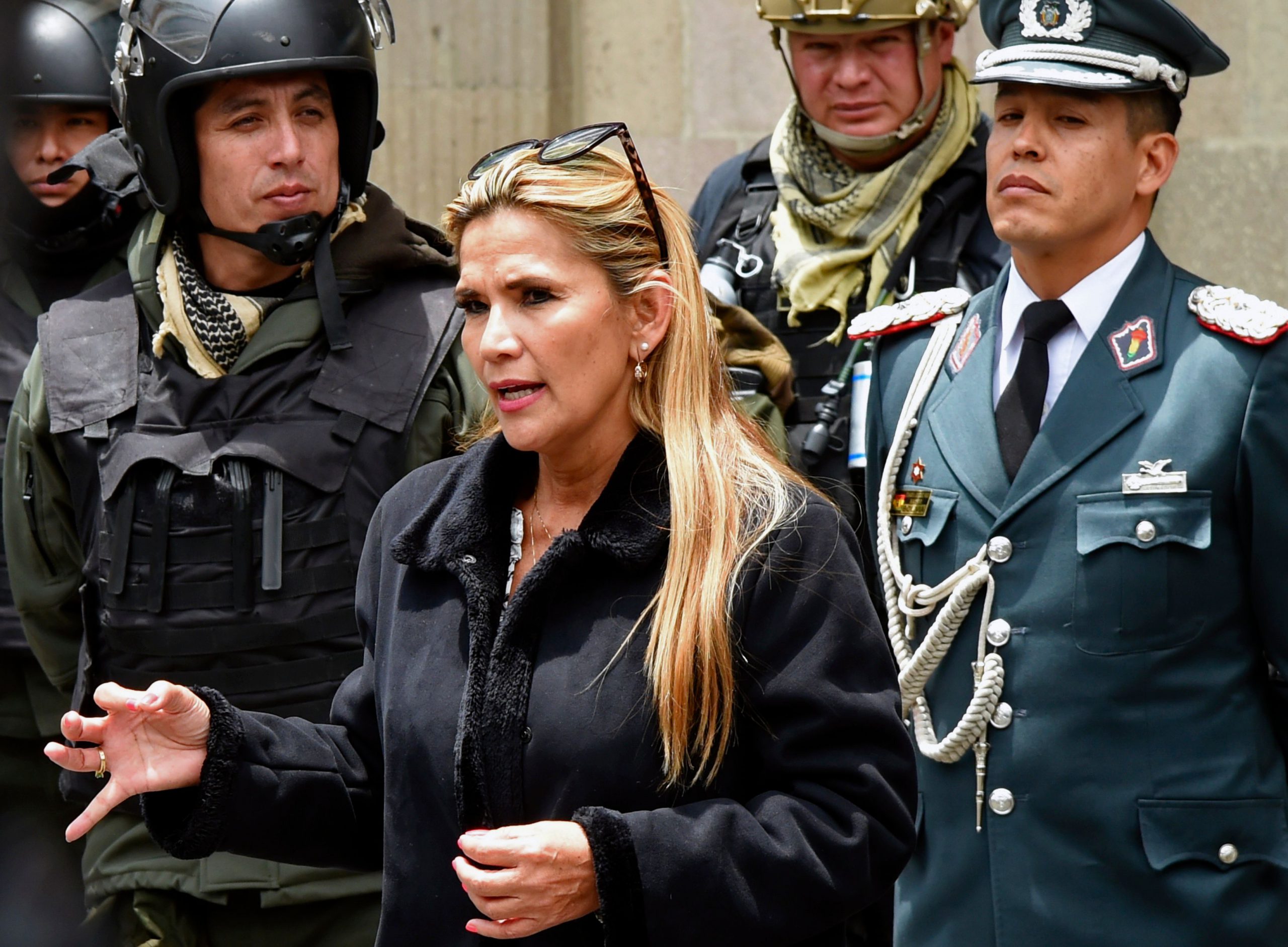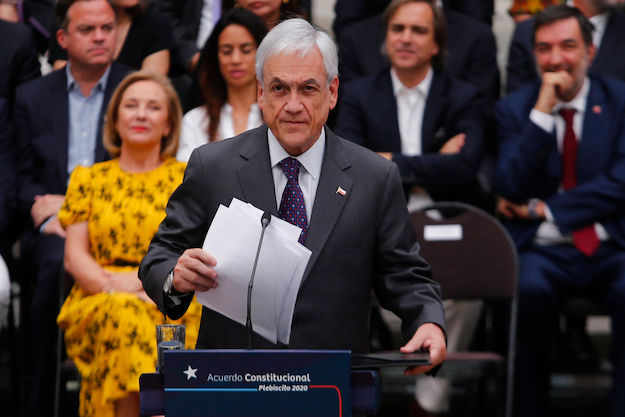While people argue over whether former Bolivian President Evo Morales’ departure was a “restoration of democracy” or a “CIA coup,” chaos in La Paz has created a power vacuum that, unless moderate political powers are quickly installed, is likely to be filled by radical actors on both sides – with potentially dire consequences.
On Nov. 12, Jeanine Áñez, an opposition lawmaker for over a decade, claimed Bolivia’s presidency after multiple politicians ahead of her in the constitutional line of succession resigned. Áñez did this while Congress was largely empty after lawmakers from Morales’ party – the majority in Congress – boycotted the meeting. While Bolivia’s constitutional court recognized her, many groups are already disputing her rise. From Mexico, Morales has vehemently rejected her.
Given the polarization, the alternatives to an interim government – led by Áñez or someone else – may be worse. Neither Morales’ Movement toward Socialism (MAS) party nor its opposition have articulated a long-term strategy, nor have they suggested that they might be willing to work with the other side on a solution. Meanwhile, both pro and anti-Morales camps have resorted to violence. The residences of both Morales and anti-Morales figures have been ransacked. Civilians have been caught in the middle of all of this.
The more this situation is left unchecked, the more likely it is that radical groups will be able to take over. After Morales fled, Luis Fernando “El Macho” Camacho, a fundamentalist Christian activist who was little known until recently, showed up to the National Palace with a Bible while one of his followers proclaimed, “the Bible has returned to the government. Pachamama will never return.”
While there is no proof that Camacho represents a significant portion of Bolivian society, even within anti-Morales camps, his visibility and the lack of leadership may change that, if not now, in the near future. Further, the recent burnings of wiphala flags, a symbol of indigenous people in the Andes, are worrisome. Images of Áñez posing next to Camacho with a Bible in hand in the National Palace only reinforces concern that radical elements will fill the power vacuum vacated by Morales.
Looming in the background is the role of the police and the military. While both institutions published communiqués stating their loyalty to the Bolivian people, history in the region gives enough reason for skepticism. This is especially true if a power vacuum remains open for too long and chaos continues to unleash in the country.
To avoid this, buy-in from different groups is going to be necessary in order to ensure both the interim government and the next government’s legitimacy through elections. At the moment, this looks difficult.
Even if she becomes widely recognized as the legitimate interim president, Áñez — or whoever ends up taking her place — will have a lot of work to do. According to the Bolivian constitution, new elections must be convened within 90 days – but more difficult will be “pacifying the country” as Áñez herself said.
Áñez will have to make a pact with Morales’ MAS party in order to pacify his supporters. MAS, on the other hand, needs to figure out its own leadership structure independent of Morales, who failed to groom successors during his tenure. And without Evo, they will also be forced to negotiate with their to make up for lost power.
The anti-Morales camp also needs organizing. Currently, the opposition to Morales is fractured, ranging from environmentalists, indigenous groups and feminists to right-wing Christian fundamentalists. Given that the country has grown and was relatively stable economically under Morales, most of his opposition has focused on his increasing concentration of power. However, opposing Morales has not been sufficient to provide the country a clear path forward.
A clear focus on rebuilding institutions is needed, in addition to a stronger vision of what an alternative Bolivia would look like. For now, propositions by Carlos Mesa, Morales’ opponent in the disputed Oct. 20 election, have focused more on the long-term. In addition to returning institutions, he has proposed diversifying the economy to be less dependent on commodities and extractivist industries. Although these proposals are valuable and important, they have not proved to be enough to convince voters reacting to more immediate concerns.
Still, the empowerment of figures like Camacho, and the rise of a more active, visible military, may be counterproductive to institution-building. For example, it may be hard for figures opposing Morales to convince Bolivians that they want to strengthen institutions if they themselves blur the separation of church and state.
The role played by neighboring countries will also be worth watching. Neighboring leaders are split towards Áñez, with Trump and Bolsonaro recognizing her. Macri has not – for now – but his successor Alberto Fernández is more likely to not recognize her regardless of whether she gains legitimacy from others. Ideally, the region will support whatever solution is achieved lawfully in Bolivia, but if no such outcome is reached, there may be a need for mediation. Mexico, which has given Morales asylum, has the potential of playing the role of a broker. However, President Andrés Manuel López Obrador has shown so little interest in foreign affairs he has yet to leave the country since taking office.
As it stands, the situation in Bolivia can lead to various scenarios, ranging from a struggling interim government with little legitimacy, to a full-on military or extremist takeover. Either of these situations could set up a Morales come back in a few years as the only option – which in turn may only further entrench existing polarization. However, even if Morales returns, it is unclear what kind of Bolivia he would come back to.
—
Cote-Muñoz is a research associate for Latin America Studies at the Council on Foreign Relations.







